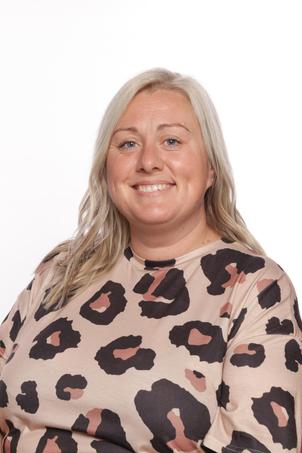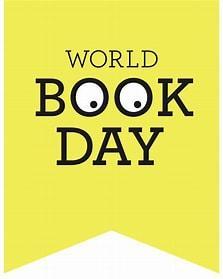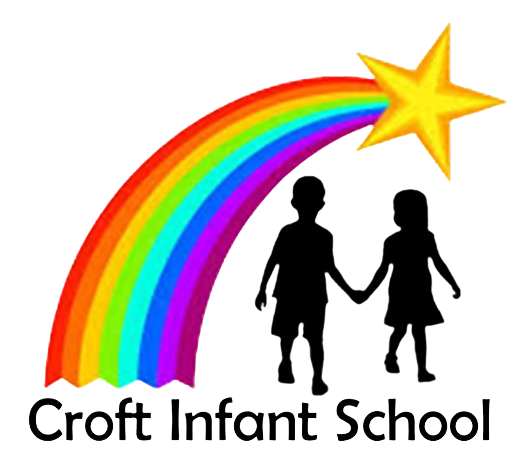English!
Our fabulous English lead is Mrs Banyard!


English Statement
At Croft Infant School we recognise the importance of English and we believe communication is a key life skill. We aim to deliver a high quality English curriculum that gives children the best possible opportunities to become confident, literate, successful members of society.
We believe the development of English skills is central to improving a child's life chances. Our teachers have high expectations for all children, unique to individuals, to achieve and enjoy English. We strive to ensure all children can communicate clearly in spoken and written form.
Rich texts are at the heart of our teaching and a love for reading is promoted by adults and throughout the school.
Intent – what we do and why
At Croft Infant School, we want our children to leave the Infant phase of their education able to;
- read easily, fluently and with a good understanding in line with end of key stage 1 expectations
- develop the habit of reading often, for both pleasure and information
- develop a wide range of vocabulary
- use spoken language to learn; to discuss and explain clearly their understanding and ideas
- develop confidence and enjoyment in all areas of English.
- compose sentences orally and then write them down
- spell correctly the common exception words
- make phonetically plausible attempts at unknown words
- form individual letters correctly
Implementation – who, how and why
The teaching and implementation of the English Curriculum at Croft Infant School is based on the Early Years Curriculum for Reception and the National Curriculum for Key Stage One children. To achieve this, the focus of teaching is on developing the progression of skills in the key strands of;
- Speaking and Listening
- Reading (including phonics and comprehension)
- Writing (including spelling and grammar)
- Handwriting
Each strand is taught as discreet units, with the opportunity to revise and apply them in context. Skills are built on and revisited throughout our children’s journey from EYFS to Year 2. Where possible, links are made with each terms topic to make learning more relevant, inspiring and purposeful to our children.
English is taught for a minimum of 1 hour day in smaller time slots for discreet subjects such as handwriting, phonics, whole class reading and story time during Key Stage 1. In EYFS, English is a central part of the continuous provision as well as a minimum of 50 minutes per day of the direct teaching of handwriting, phonics and story time. Care will be taken to give each child the opportunity to learn regardless of race, religion, language or gender.
Further details of how we implement each strand can be found separately.
Impact – how do we know if we have done well?
At Croft Infant School children will be articulate towards different audiences in sharing their thoughts, feelings, opinions and information, for a range of purposes. They will have developed a love for books and will want to access books to answer and inspire their questions about the world around them. Children will have experienced and will know why their understanding of language and being a good reader matters for when they are older. They will know that being able to read will help them in other areas of the curriculum. Children will have excellent decoding skills and be able to match this with good comprehension; both of which together allows them to be a good reader ready for the Key Stage Two curriculum in our feeder Junior Schools.
At Croft Infant School children of all abilities will be able to succeed in writing because learning will be appropriately scaffolded. Children will have had exposure to a vocabulary rich environment which they will be able to utilise in their own writing for different purposes. Children will be able write their ideas down fluently on paper with accurate word and spelling structures. Their writing will be presented clearly and with pride.
Celebrating World Book Day


All year groups at Croft were lucky to have a story read to them by Charlie who works at Alfreton Library on World Book Day!
-
50 Recommended Reads for Reception
How many of these wonderful books have you read?
-
50 Recommended Reads for Year 1
How many of these wonderful books have you read?
-
50 Recommended Reads for Year 2
How many of these wonderful books have you read?
